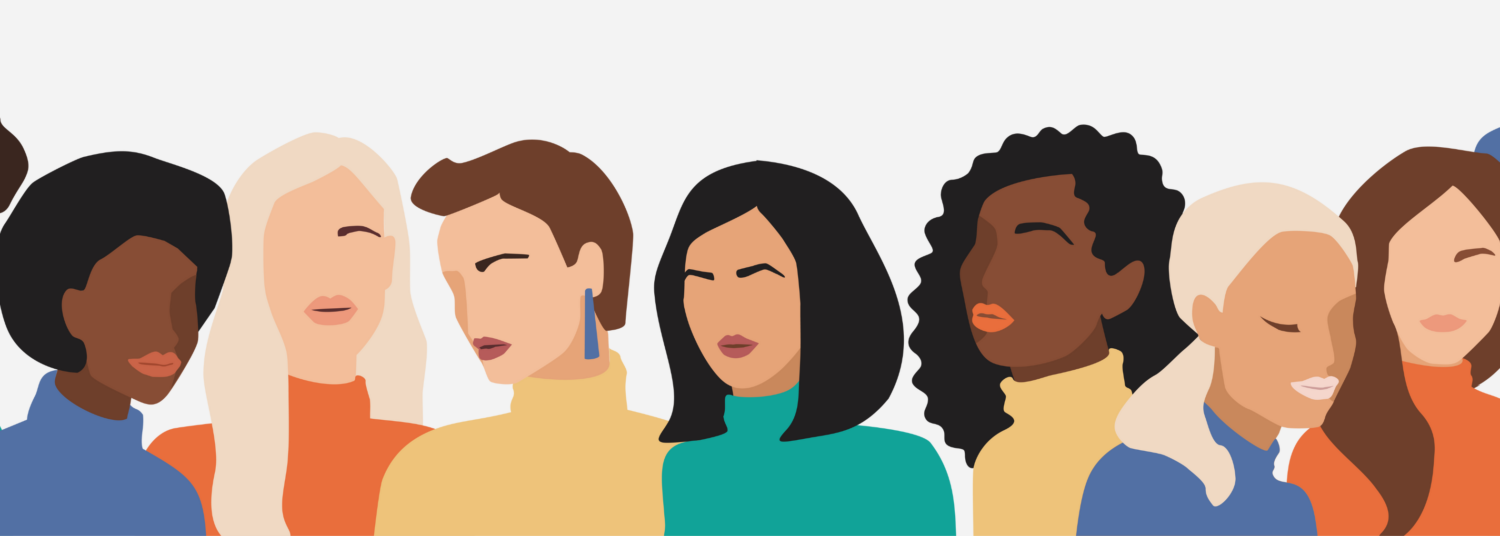Developing Accessible Work Based Learning Programs, a new online course available in the National Deaf Center’s learning library, offers practical insights and resources to improve employment outcomes — and close substantial employment gaps — for deaf youth.
“Work based learning programs are vitally important to preparing young adults for job success,” said Stephanie W. Cawthon, PhD, Director of the National Deaf Center and Professor at the University of Texas at Austin. “Using the evidence-based resources and strategies in this course, high quality programs can be created that are fully accessible and foster high expectations.”
Featuring real-world examples from students, employers, and administrators, the online course delves into the details of work based learning (WBL) program design, identifies field-based strategies that address common challenges in program development, and provides ways to achieve equitable access.
Learn How to Create an Accessible WBL Program
The three-hour course is intended to provide the tools and resources to create a new or to enhance a current WBL program at an agency, school, business, or nonprofit. It has three modules:
-
Module one explores the basics of WBL, why such programs are beneficial to bridging the gap between classroom instruction and employment, and how they fit into the structure of federally defined Pre-Employment Training Services (Pre-ETS). Topics include creating access by designing equitable internships and work placement opportunities.
-
Module two focuses on key components of designing an accessible work based learning program by showcasing existing WBL programs in the field and actual deaf student experiences, to explore topics such as funding sources, training, and models for communication between deaf students and hearing employers. Using a case example from New Jersey, this module also includes a section on addressing and overcoming legal concerns about work-site liability.
-
Module three examines how to grow, improve, and monitor WBL programs through program evaluation and iterative improvement, which are crucial for achieving program goals, sustaining funding, and meeting community needs. Topics include intentional planning, developing measurement tools, measuring for continuous improvement, and reporting.
Earn Professional Development Credits for Free
Developing Accessible Work Based Learning Programs is free and open to all. It is a professional development online course designed for vocational rehabilitation professionals, employment specialists, transition counselors, educators, and employers. With a passing score of 80% or above, participants receive a certificate of completion and can submit it for 0.3 RID CEUs or 3 CRC clock hours.









